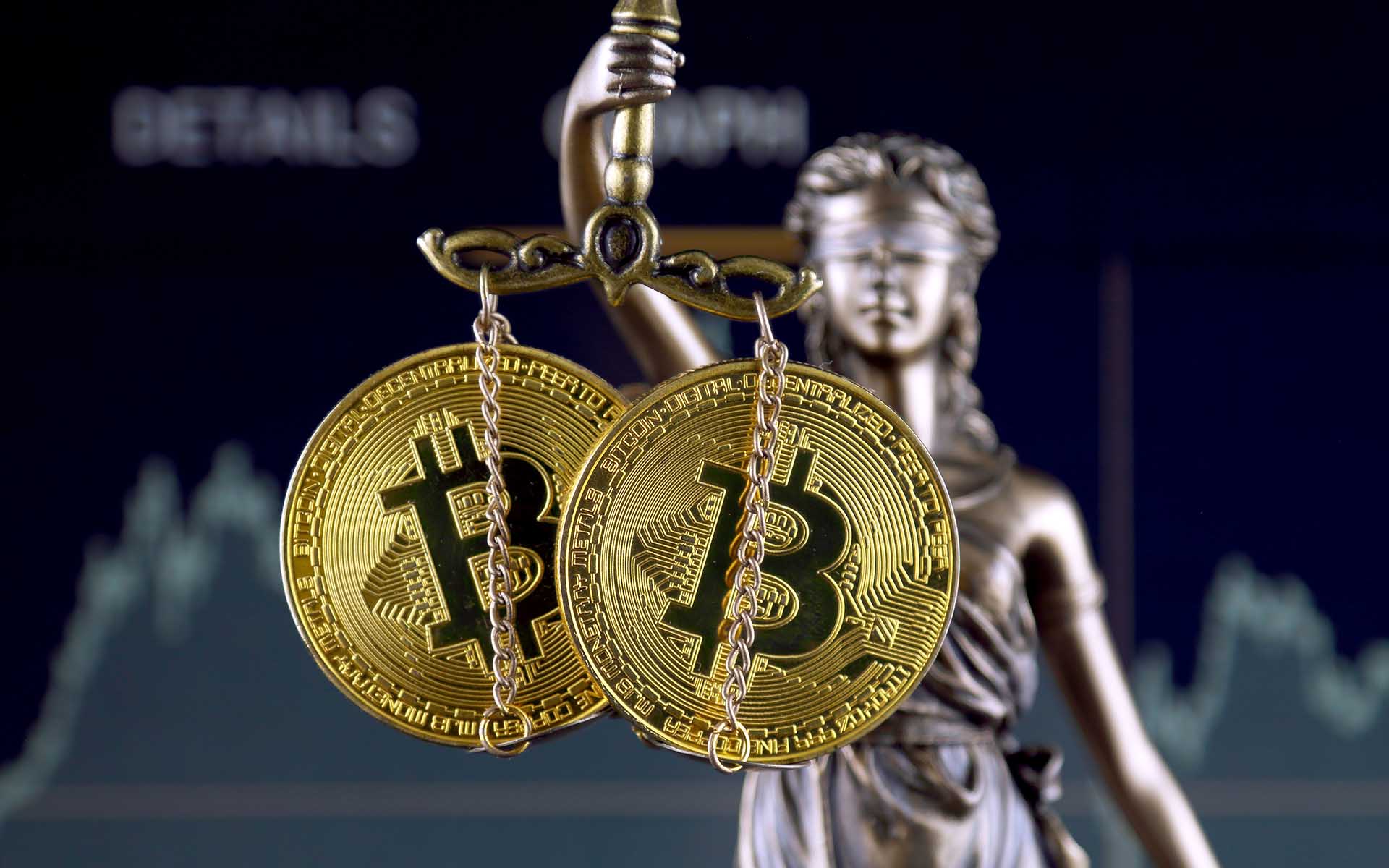Democrat Hosts Crypto Roundtable with Industry Leaders to Talk About Regulation
08.07.2024 16:00 1 min. read Alexander Stefanov
Democratic Congressman Ro Khanna has organized an exclusive roundtable discussion focused on cryptocurrency in Washington, scheduled to include notable figures such as Mark Cuban, Brad Garlinghouse, and Anthony Scaramucci.
Mark Cuban has been vocal about the importance of clear regulatory frameworks for cryptocurrencies ahead of the 2024 presidential election, suggesting that such regulations could influence the outcome in favor of President Biden.
He has been critical of the SEC’s enforcement tactics under Chair Gary Gensler, warning of potential implications for Biden’s campaign.
Khanna’s initiative underscores efforts to bolster ties between the Democratic Party and the crypto industry amid concerns over the contrasting stance of former President Donald Trump, who has expressed strong support for Bitcoin and pledged to ease regulatory pressures that he claims hinder crypto growth.
The roundtable aims to align Democratic policies with the interests of the crypto sector, reflecting Khanna’s track record of advocating for legislation like the FIT21 bill, which seeks to clarify regulatory oversight of digital assets.
Key executives from Coinbase, Kraken, and prominent Democratic officials are expected to participate, with speculation swirling about the involvement of White House figures including Chief of Staff Jeff Zients and advisor Carole Hause, both pivotal in shaping crypto policy within the Biden administration.
-
1
Here is Why the Fed May Cut Rates Earlier Than Expected, According to Goldman Sachs
08.07.2025 15:00 2 min. read -
2
What Brian Armstrong’s New Stats Reveal About Institutional Crypto Growth
29.06.2025 15:00 2 min. read -
3
Vitalik Buterin Warns Digital ID Projects Could End Pseudonymity
29.06.2025 9:00 2 min. read -
4
Donald Trump Signs “One Big Beautiful Bill”: How It Can Reshape the Crypto Market
05.07.2025 9:56 2 min. read -
5
Market Odds of a U.S. Recession in 2025 Drop in Half Since May
05.07.2025 18:30 2 min. read
BitGo Files Confidentially for IPO With SEC
BitGo Holdings, Inc. has taken a key step toward becoming a publicly traded company by confidentially submitting a draft registration statement on Form S-1 to the U.S. Securities and Exchange Commission (SEC).
Crypto Greed Index Stays Elevated for 9 Days — What it Signals Next?
The crypto market continues to flash bullish signals, with the CMC Fear & Greed Index holding at 67 despite a minor pullback from yesterday.
Banking Trade Groups Urge OCC to Halt Digital Trust Bank Approvals
Five major banking associations are urging the Office of the Comptroller of the Currency (OCC) to delay approval of new national trust bank charters for digital asset firms, including Ripple, Fidelity Digital Assets, National Digital TR CO, and First National Digital Currency Bank.
U.S. Public Pension Giant Boosts Palantir and Strategy Holdings in Q2
According to a report by Barron’s, the Ohio Public Employees Retirement System (OPERS) made notable adjustments to its portfolio in Q2 2025, significantly increasing exposure to Palantir and Strategy while cutting back on Lyft.
-
1
Here is Why the Fed May Cut Rates Earlier Than Expected, According to Goldman Sachs
08.07.2025 15:00 2 min. read -
2
What Brian Armstrong’s New Stats Reveal About Institutional Crypto Growth
29.06.2025 15:00 2 min. read -
3
Vitalik Buterin Warns Digital ID Projects Could End Pseudonymity
29.06.2025 9:00 2 min. read -
4
Donald Trump Signs “One Big Beautiful Bill”: How It Can Reshape the Crypto Market
05.07.2025 9:56 2 min. read -
5
Market Odds of a U.S. Recession in 2025 Drop in Half Since May
05.07.2025 18:30 2 min. read


